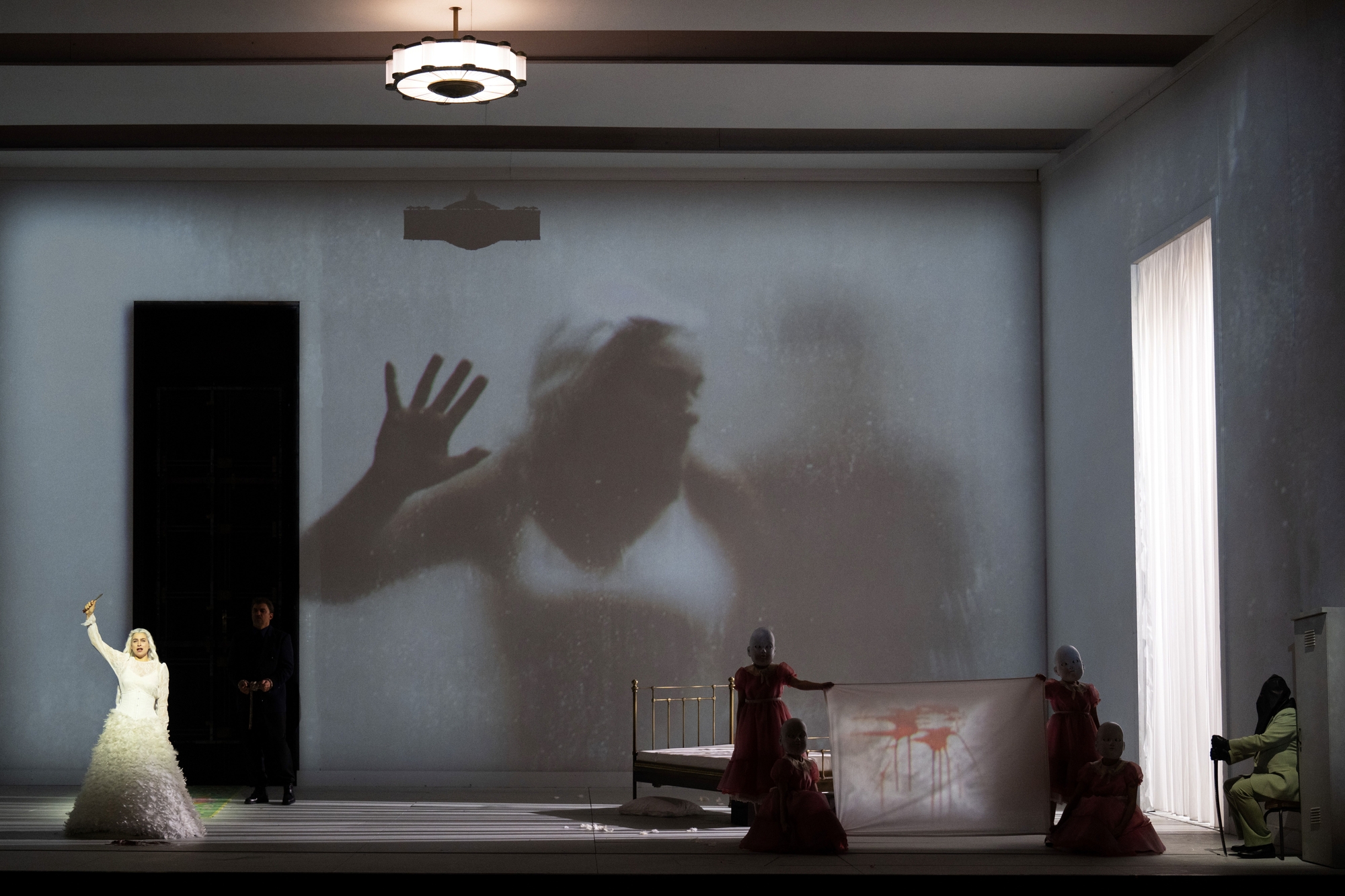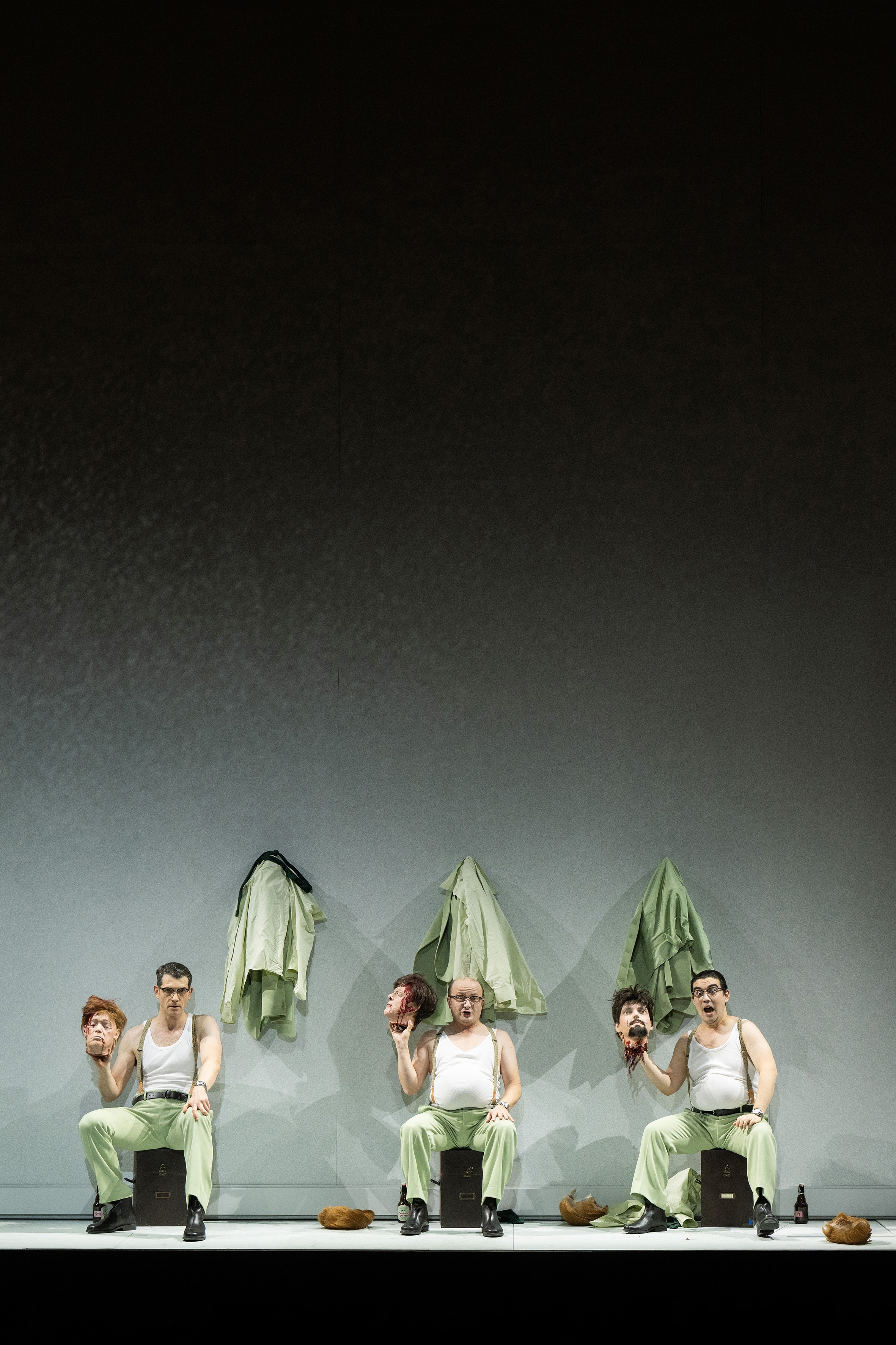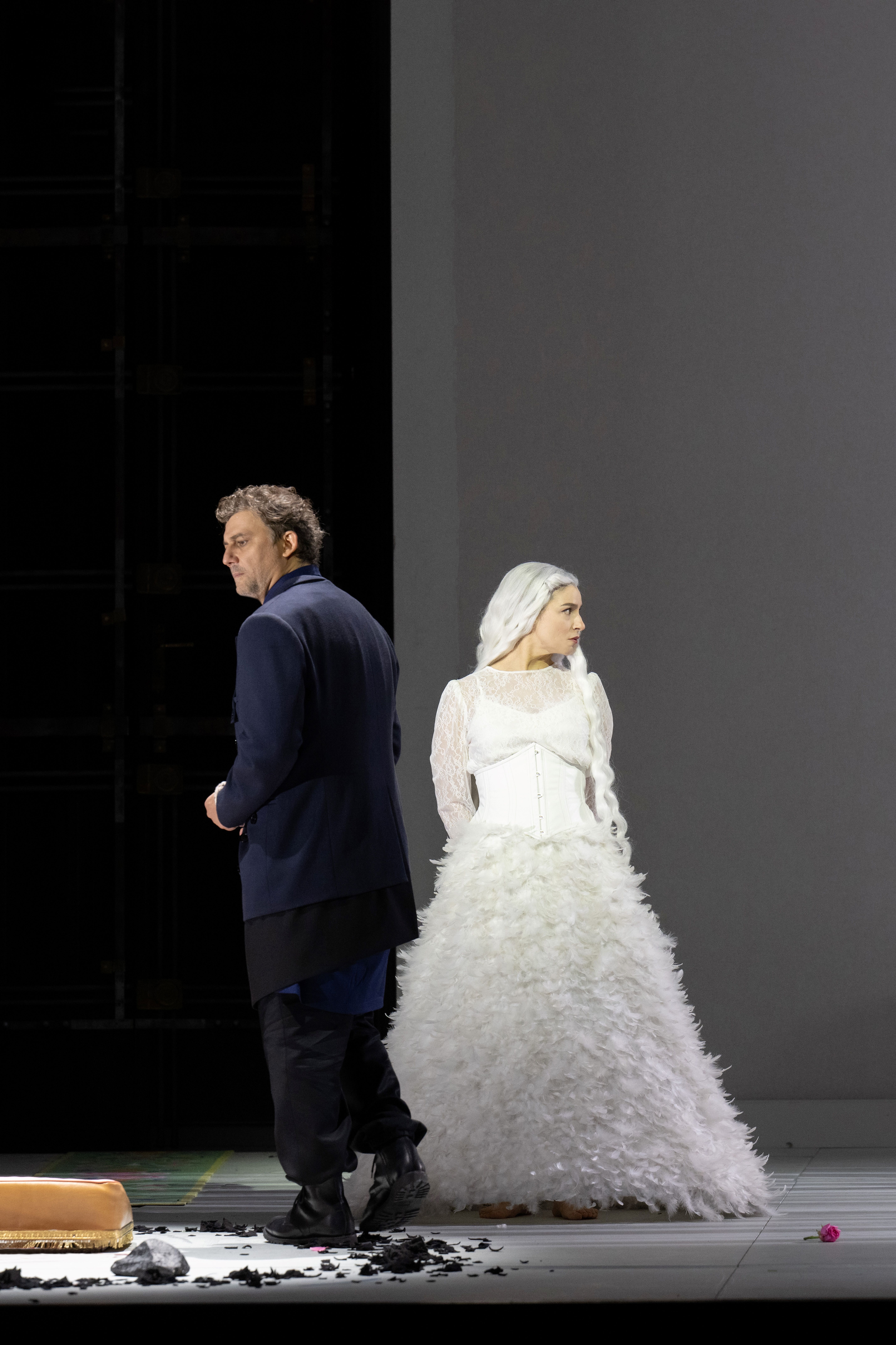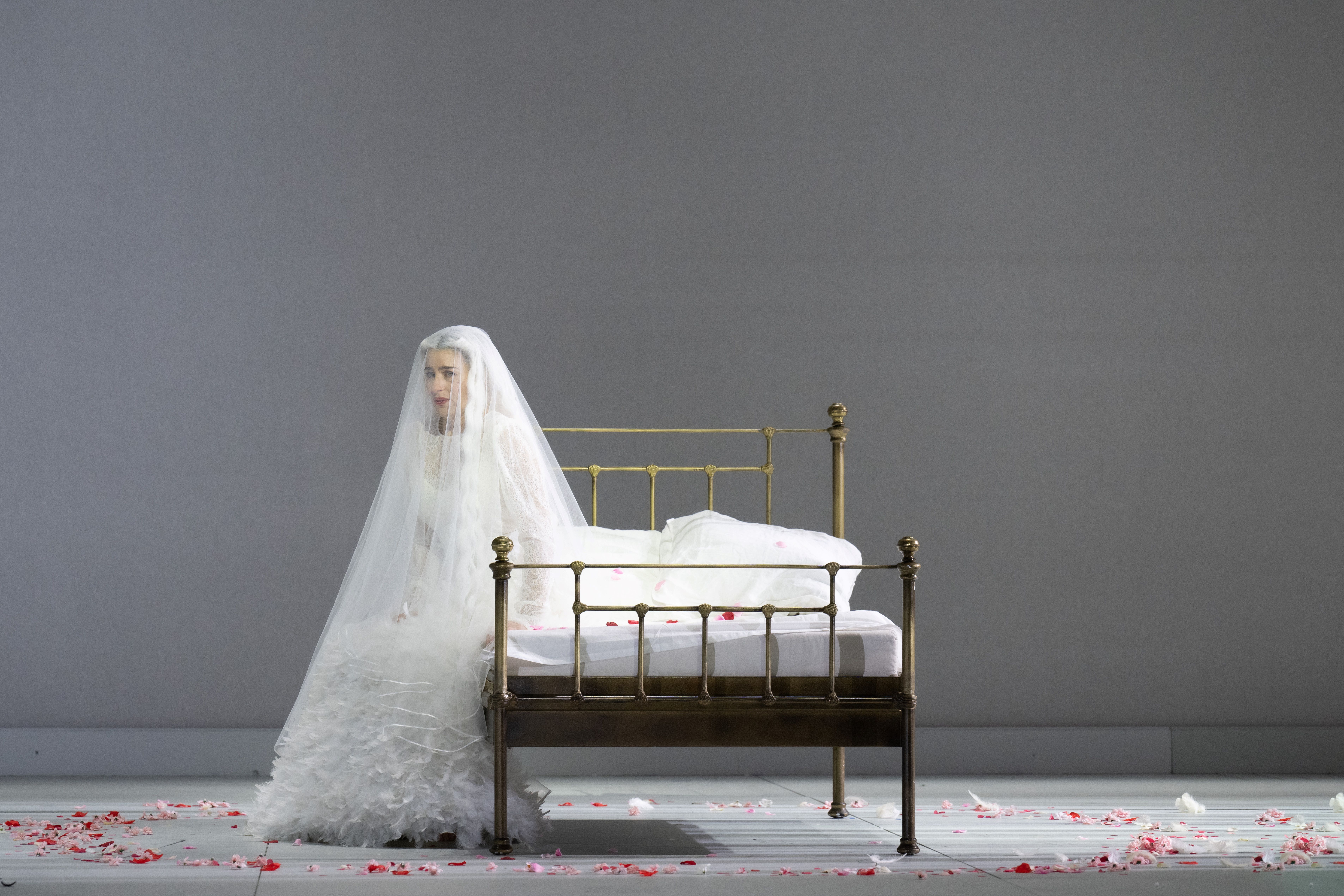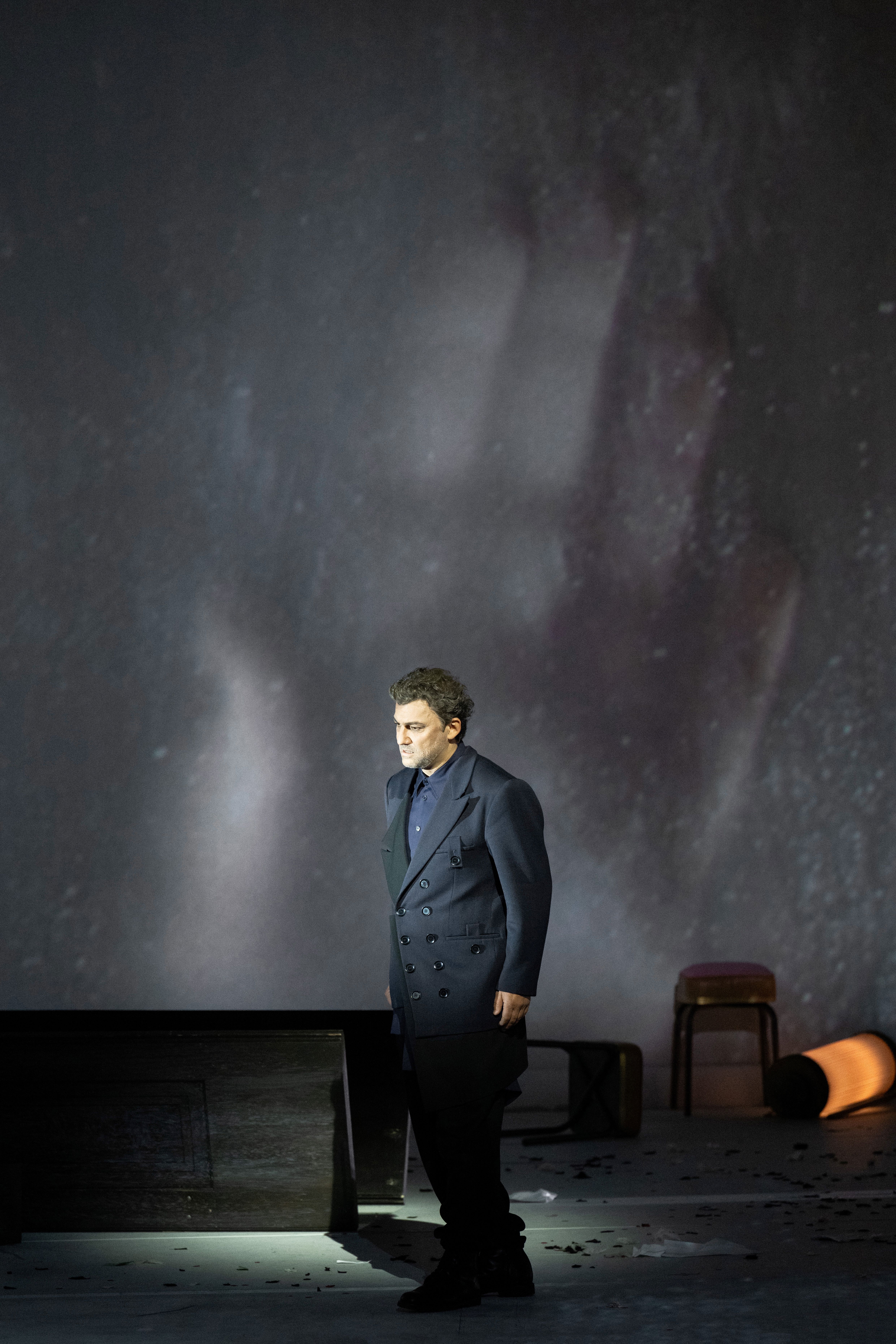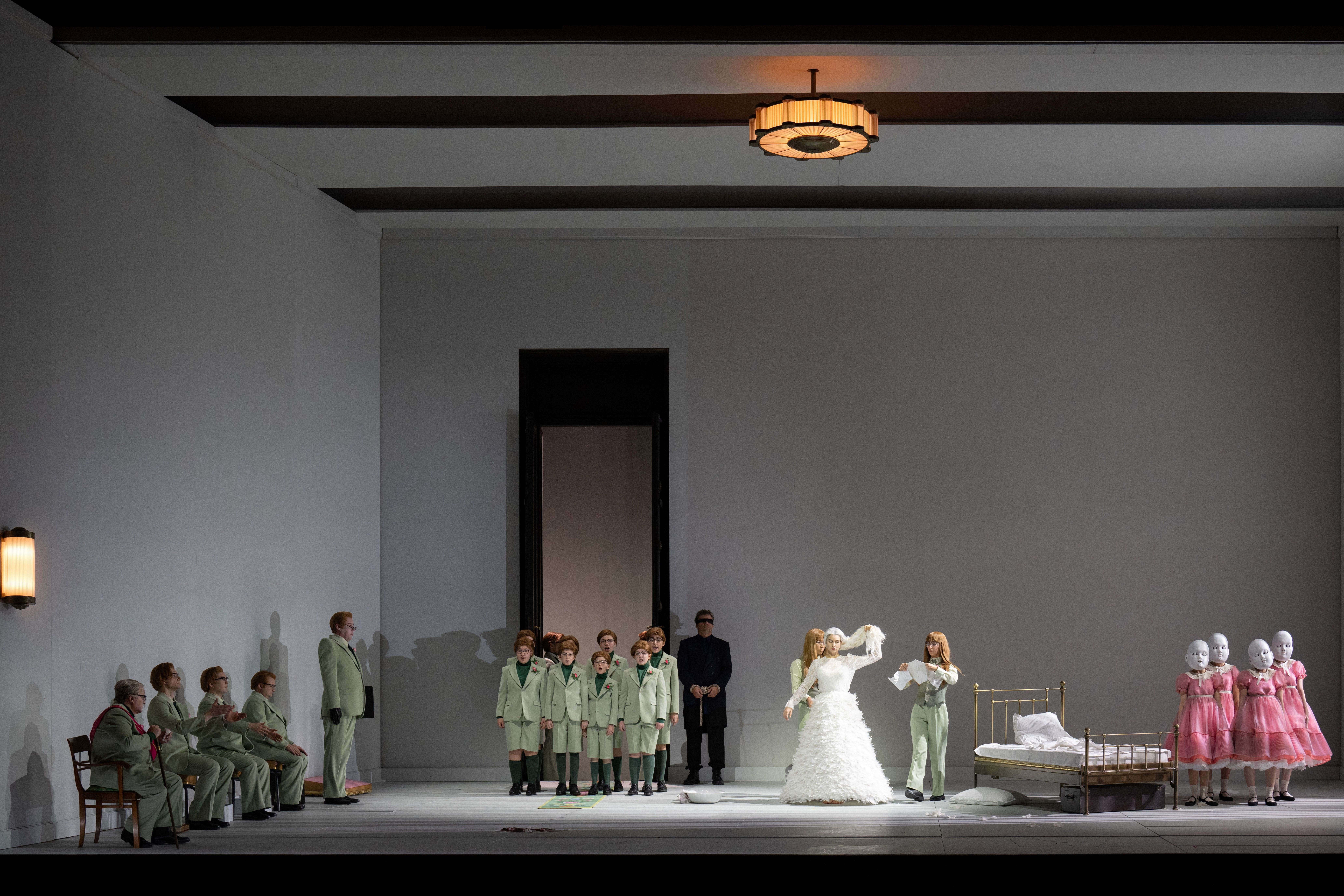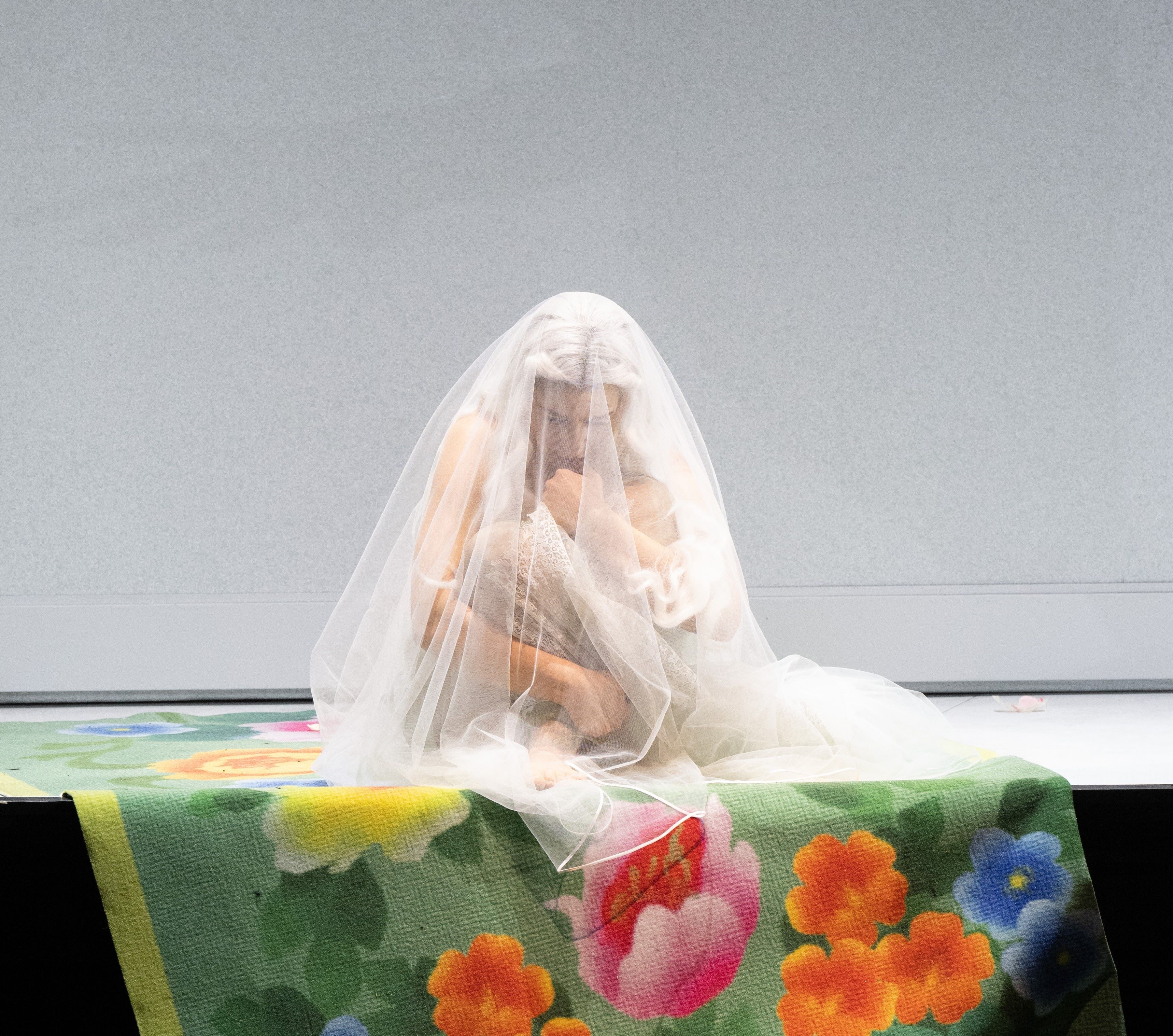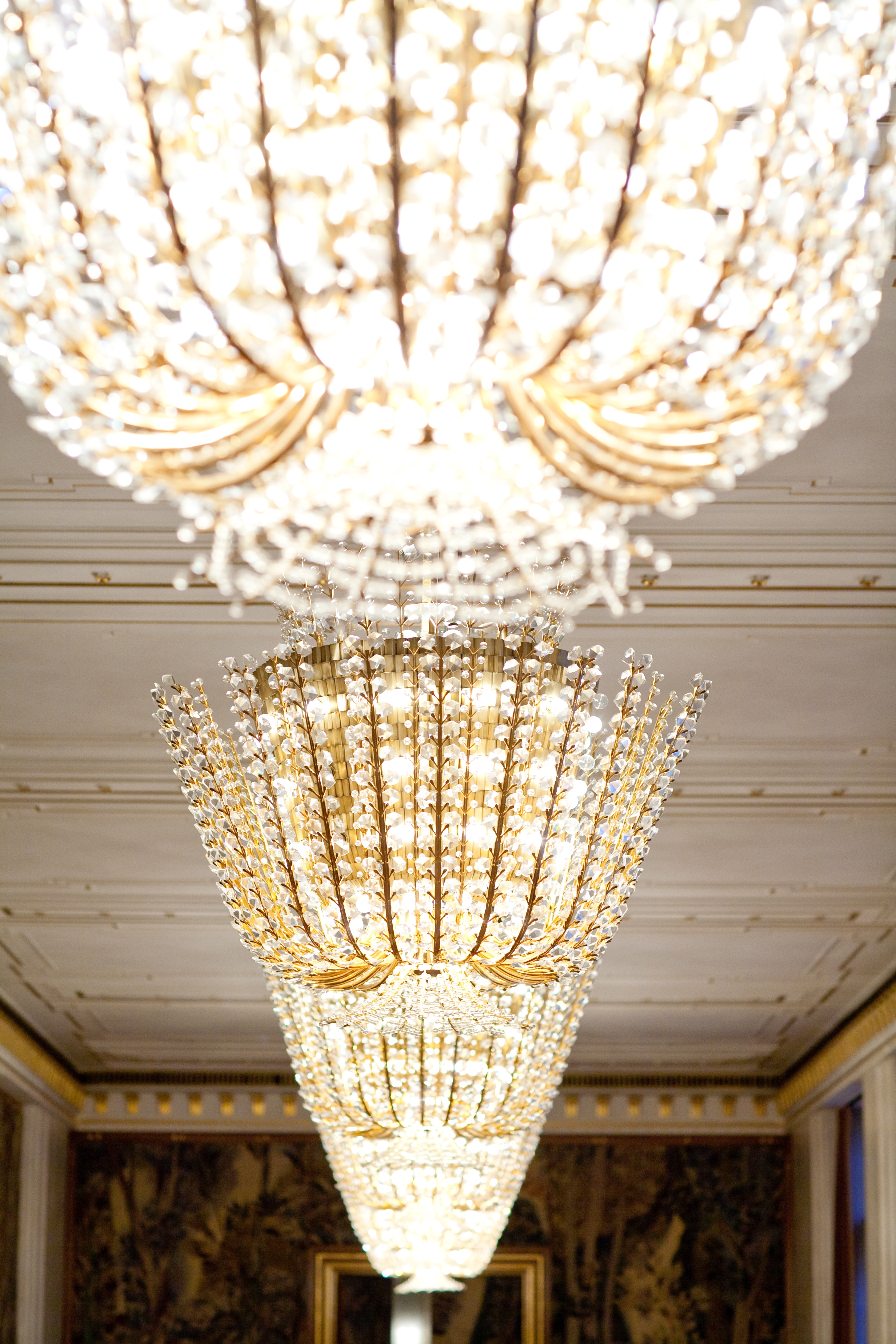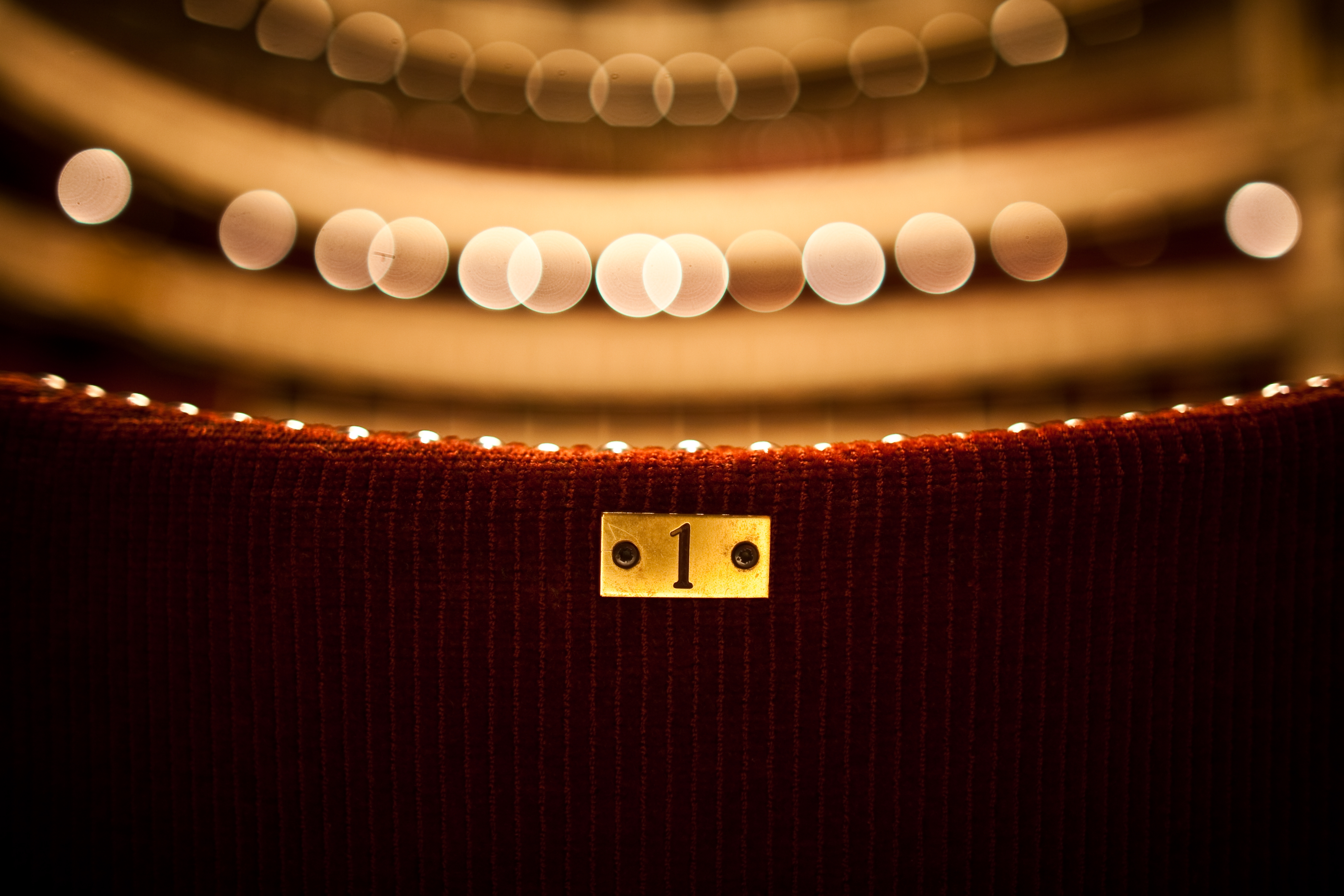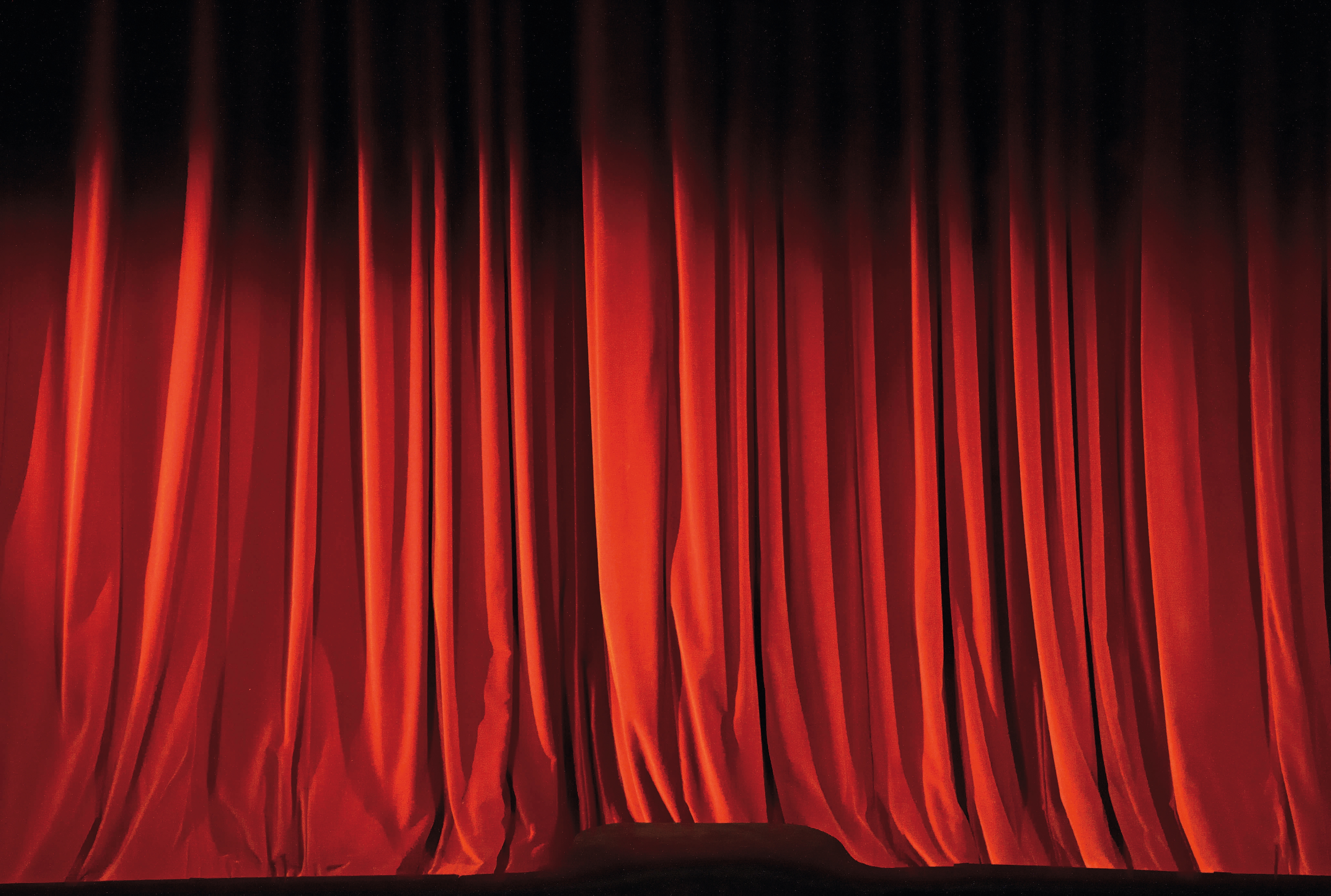Short Summary
When Calaf, the dethroned Mongolian prince who has fled to Beijing, falls in love with Princess Turandot, he puts himself in mortal danger:
For only he who solves the princess's three riddles can become her bridegroom. Anyone who fails will be executed - like all previous suitors. Calaf's father Timur and Liù, whom Calaf loves without his knowledge, summon him in vain. He accepts the challenge.
Turandot
Storyline
The Mandarin proclaims the law: Princess Turandot will become the wife of the prince who can solve three riddles she sets him.
If he does not succeed, he will be executed. The Prince of Persia has just tried his luck and failed. The crowd cries out for the executioner. Against this backdrop, Calaf meets his father Timur, the dethroned king of the Tartars.
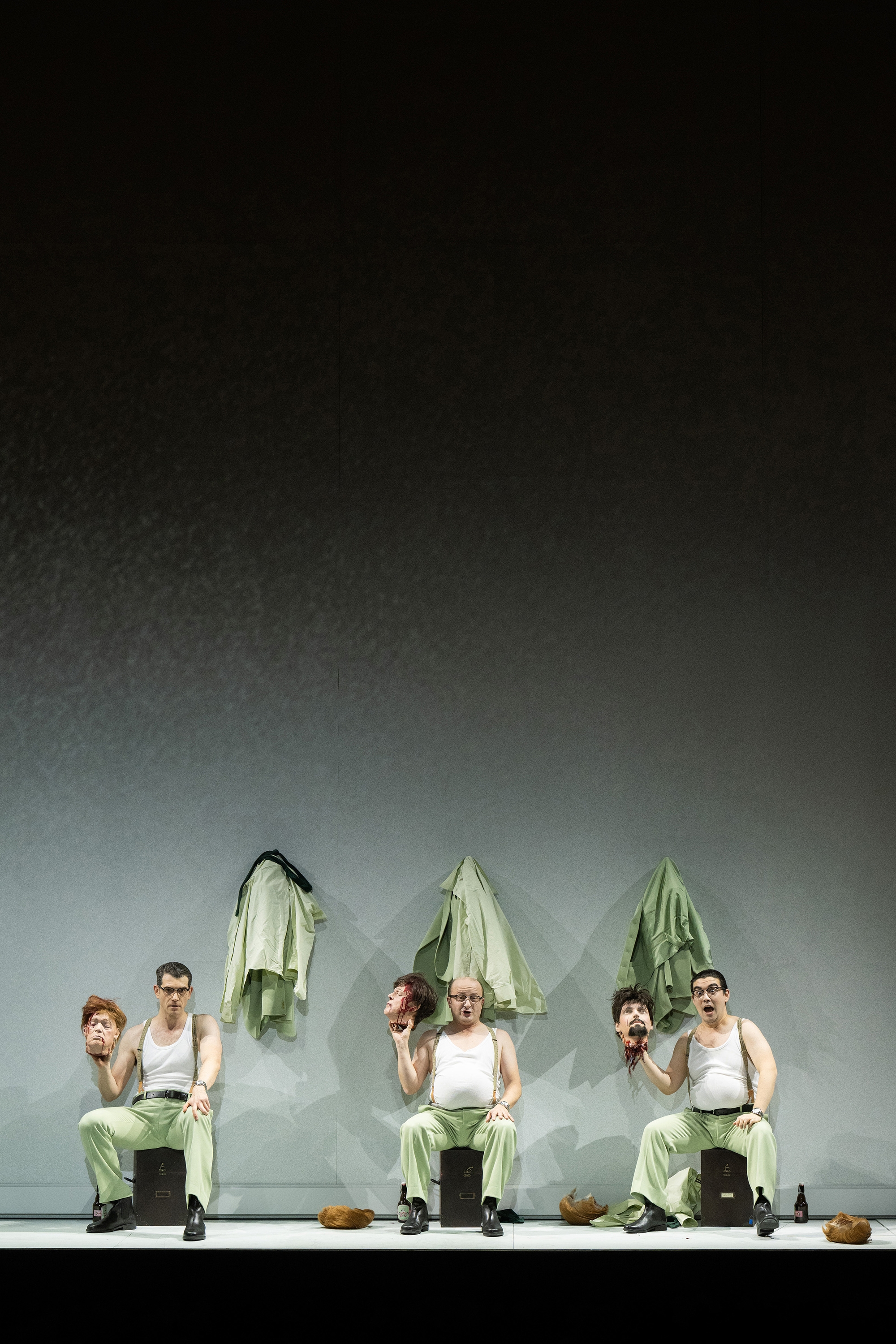
Timur, who was thought to be dead, was brought to safety after his fall by the slave Liù, who has been looking after him ever since. When Calaf asks about the reasons for this sacrifice, Liù explains that Calaf once smiled at her in the palace. The Prince of Persia is led to his execution. At the sight of him, the previously bloodthirsty crowd begs for mercy for him.
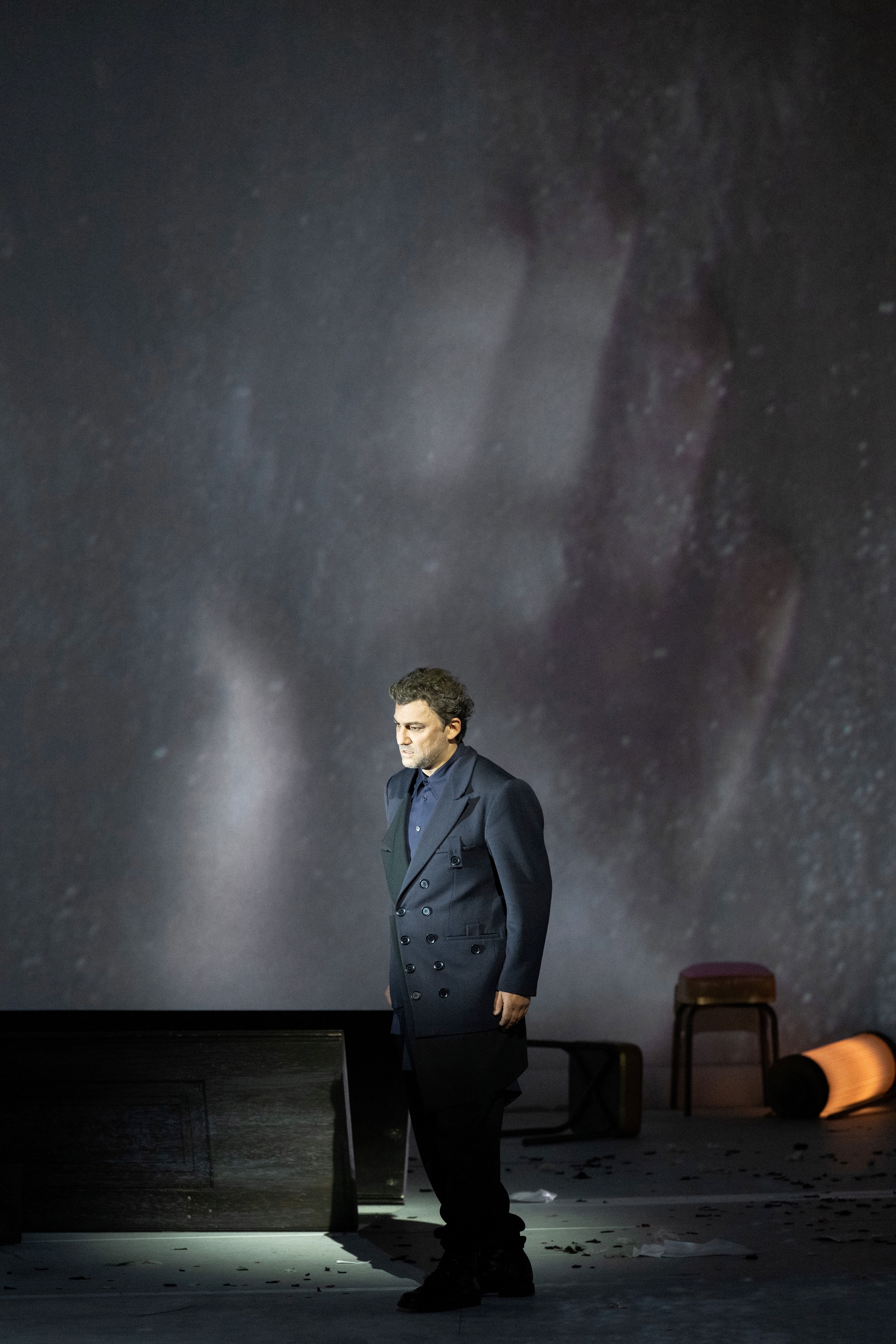
Calaf also joins in with these cries. But when he sees Turandot, he immediately falls in love with her and now wants to face her riddles himself. The ministers Ping, Pang and Pong try to dissuade him from his plan. Liù and Timur beg him to reconsider. But Calaf has made up his mind and will accept the challenge.
Ping, Pang and Pong ponder the many princes who have already lost their lives trying to win Turandot and dream of their own private happiness.
The ordeal begins. Altoum, Emperor of China and Turandot's father, is tired of the battle. He asks Calaf to give up and leave. Calaf insists on the test. Once again, the Mandarin proclaims the law.
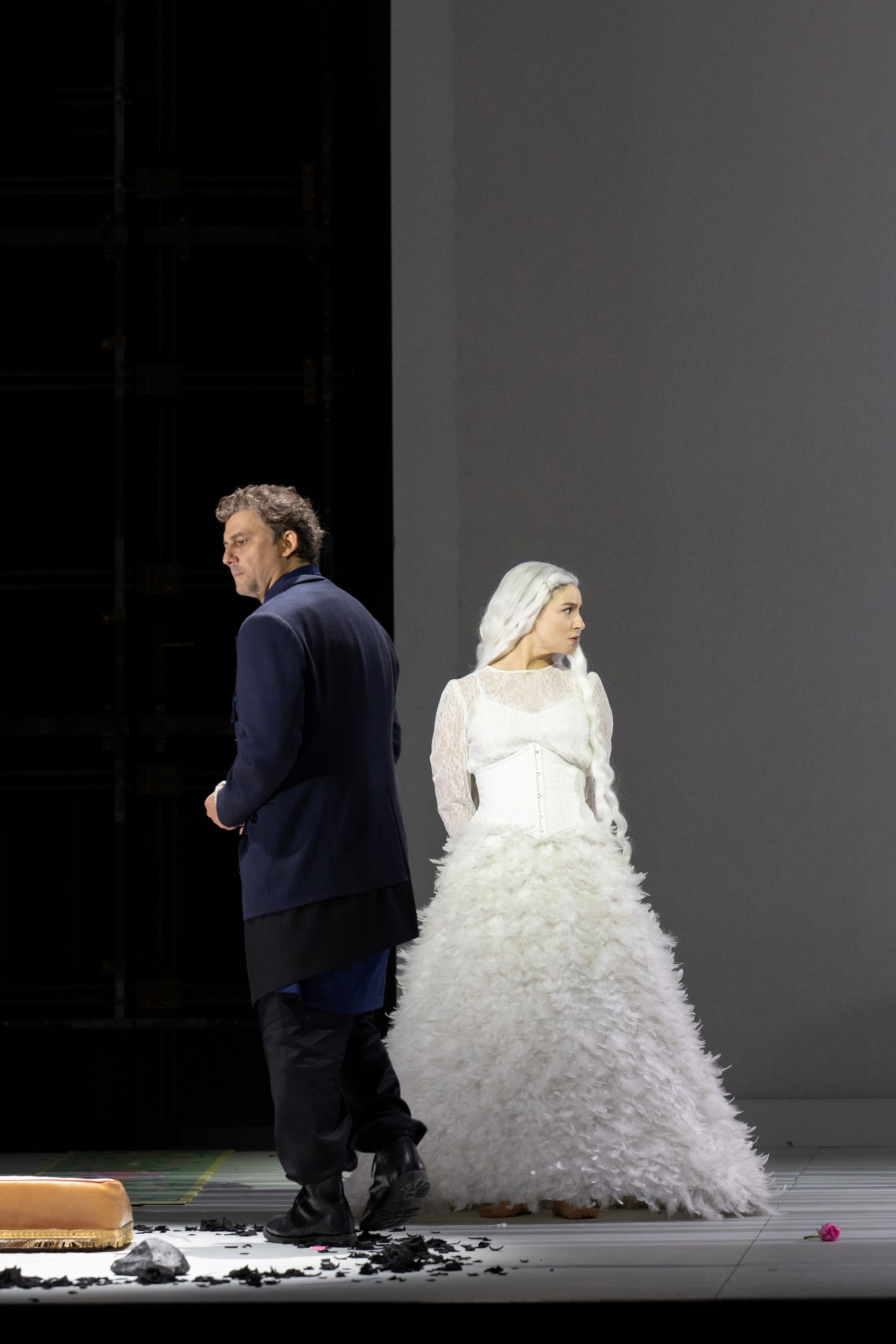
Turandot explains the background: thousands of years ago, her ancestor Lo-u-ling was abducted, raped and killed by a man. Now she is taking revenge on the princes who are courting her. No one will ever possess her. Calaf asks her to solve the riddles. To Turandot's horror, he finds the right answer three times.
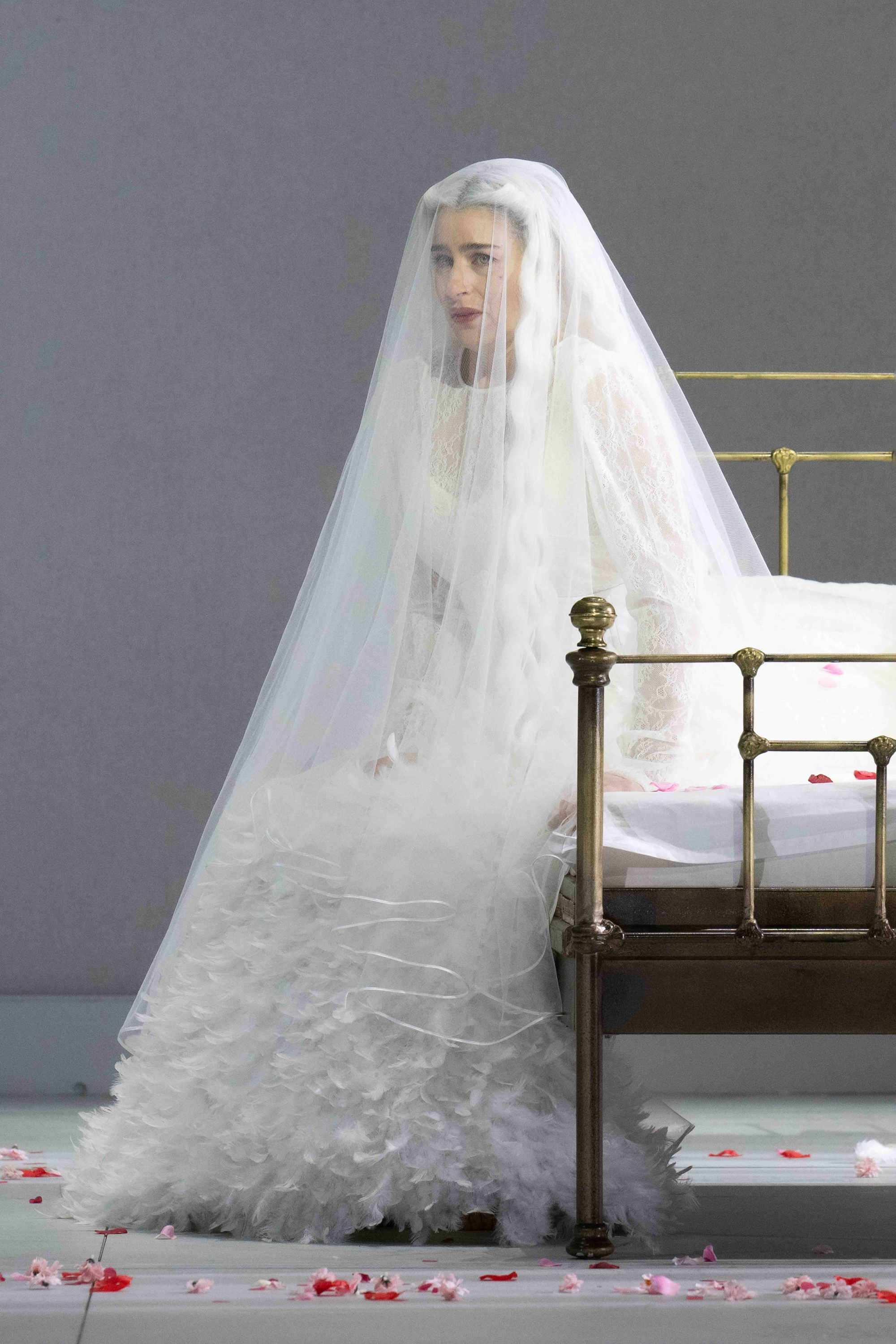
The princess begs her father not to hand her over to the foreign prince, but he refuses, saying that the oath he has sworn is sacred. But when Turandot asks Calaf if he wants to make her his wife by force, he says no; he wants to be loved by her. He offers a way out: If she succeeds in finding out his name before daybreak, he will resign himself to his fate.
The whole town is feverishly trying to find out Calaf's name. Turandot has announced executions if they don't succeed.
Ping, Pang and Pong try to bribe Calaf, then appeal to his pity; all in vain. When the crowd is ready to use force, the henchmen drag Timur and Liù in. Calaf immediately denies any connection, but the ministers know that the two know Calaf and can give his name.
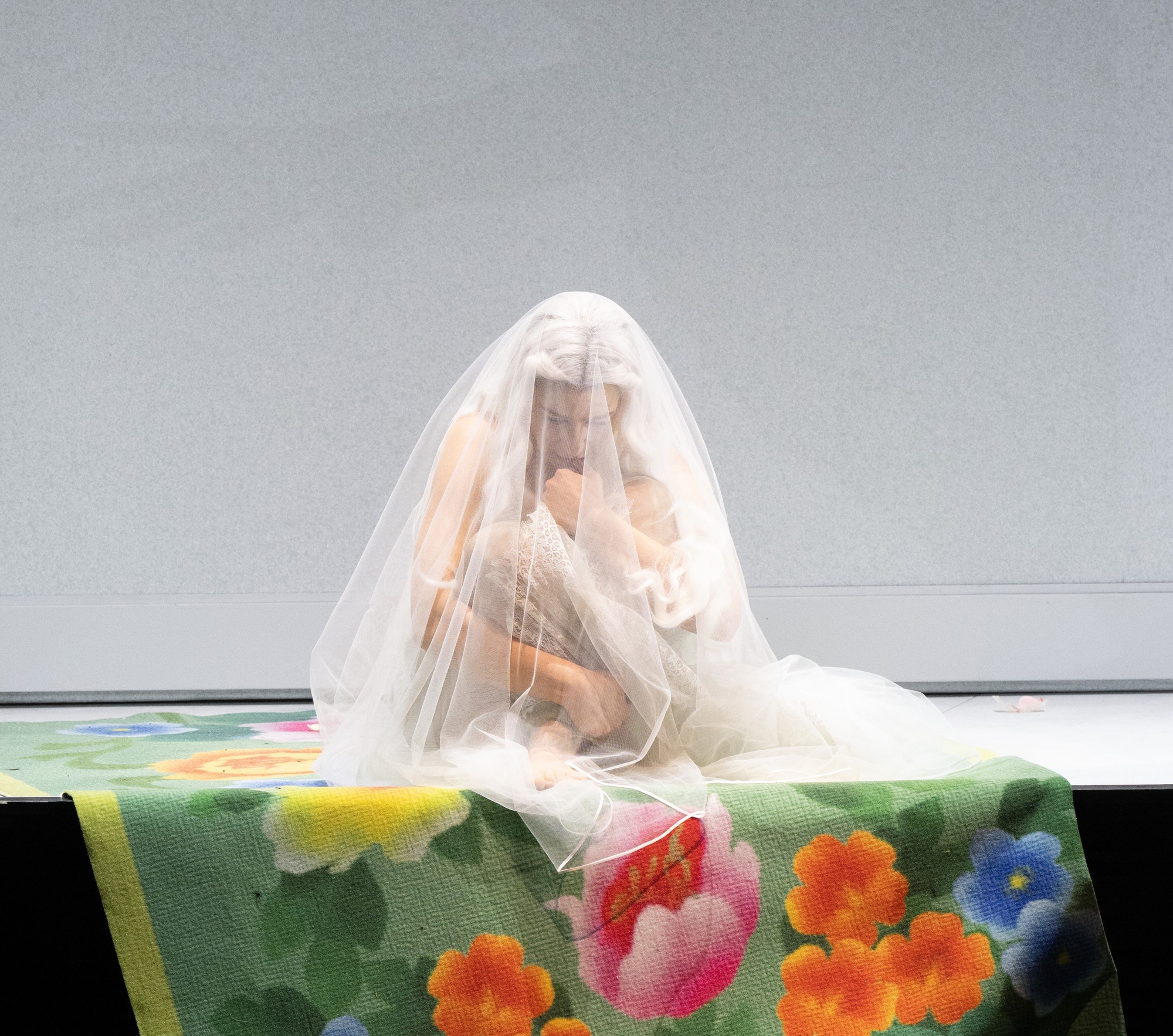
Turandot does everything she can to make Timur speak. To protect him, Liù declares that she alone knows the prince's name - but she refuses to reveal it, even under threat of torture. When Turandot asks about the source of her strength, she replies that it is love. She prophesies to Turandot that she too will love and then takes her own life. Calaf and Turandot are left alone amidst the general consternation.
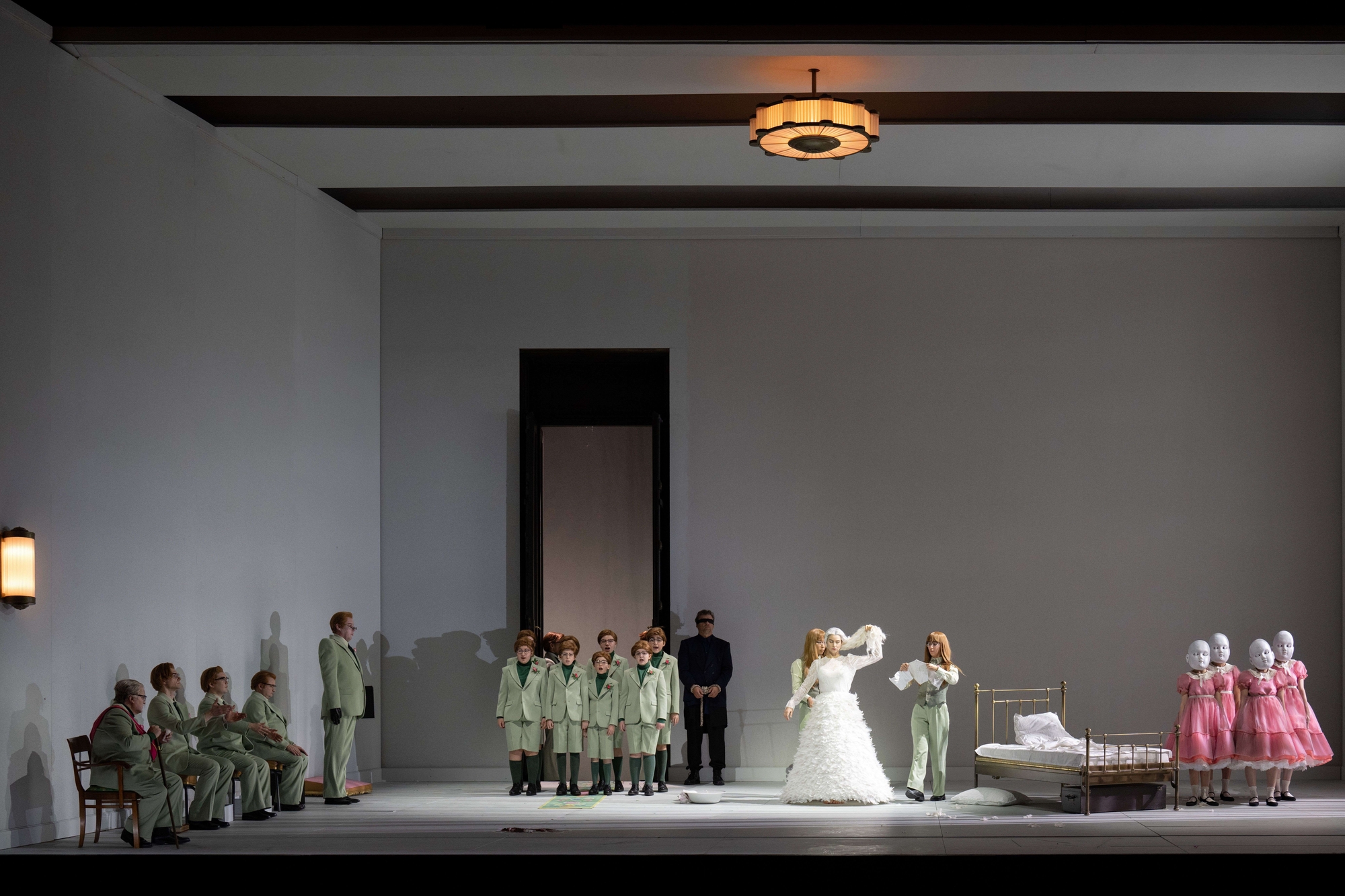
Furthermore, she does not want to submit to Calaf. The kiss he steals from her changes the situation. She cries her first tears and confesses that she feared him, but also loved him. He should be satisfied with that and go away with his secret. He, on the other hand, places his life in her hands by voluntarily revealing his name: Calaf, son of Timur. At the decisive ceremony that follows, Turandot declares to her father, the Emperor, that she now knows the name of the stranger; it is »love«.
Director Claus Guth heightens the surrealism of this initially extremely cruel fairy tale, which he prefers to see as a »parable«, into the grotesque. Guth sees Calaf, son of the fugitive Tartar king Timur, »thrown into a world that he cannot understand«. It is a system that functions according to its own logic: Princess Turandot, in order to protect herself, has built a bureaucratic apparatus around her that is as brutal as it is effective. For director Claus Guth, it is clear that Turandot is describing her own experience when she speaks of the terrible things done to her ancestor Lu-o-lin; the terror state is her reaction. The stage by Etienne Pluss, the costumes by Ursula Krdina and the choreography by Sommer Ulricksen show it from the outside as well as the inside - and also its decay, which is the necessary prerequisite for Turandot and Calaf's happy ending.
Puccini encoded his score with sound symbols that his audience would undoubtedly assign to a Far Eastern cultural area: a pentatonic-based tonal language and the pointed use of percussion. Embedded in Puccini's own world of sound, they create a new context of meaning, a Puccini-Peking that seems to transport us to distant worlds, but in fact does not exist outside the theater space.
A famous source for Turandot was a music box owned by Baron Edoardo Fassini-Camossi, from which Puccini took the themes that mark Turandot, the Emperor and Ping, Pang and Pong. Puccini stylizes his hero Calaf with music familiar to European ears as a figure of identification and as a romantic hero, exemplified by »Nessun Dorma«, probably the most famous tenor aria in the history of opera.
Puccini's composition ends with the death of Liù, at which point the composer died. The new production performs the original version of the post-composed ending, which Franco Alfano produced after Puccini's death on behalf of the Ricordi publishing house.
Turandot poses three riddles. Three ministers warn of the death that awaits those who fail to solve the riddles. And three artists attempt to complete Giacomo Puccini's unfinished work in the spirit of the late composer.
In the score of the great musical narrator Puccini, the individual and society confront each other in a highly irritating way. The implacable system that Turandot has erected around herself bears traits of ceremony and grotesquerie, of total organization and controlled mass hysteria: a world that spans between the impenetrable, deadly attraction of Turandot and seemingly incessant rituals of application, warning, trial and murder. Shadows and priests populate it. Garishly overdrawn ministers speak their warnings in a tone that also oscillates musically between provocation and mockery - you believe them at their word that they are preparing a wedding and a funeral at the same time. The basis of all this - the score as well as the state - is the crowd, which alternately screams for blood and begs for mercy for the condemned. An unpredictable, uncanny force.
